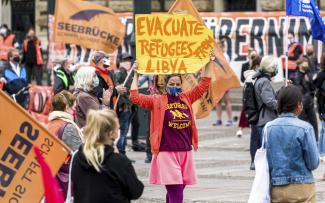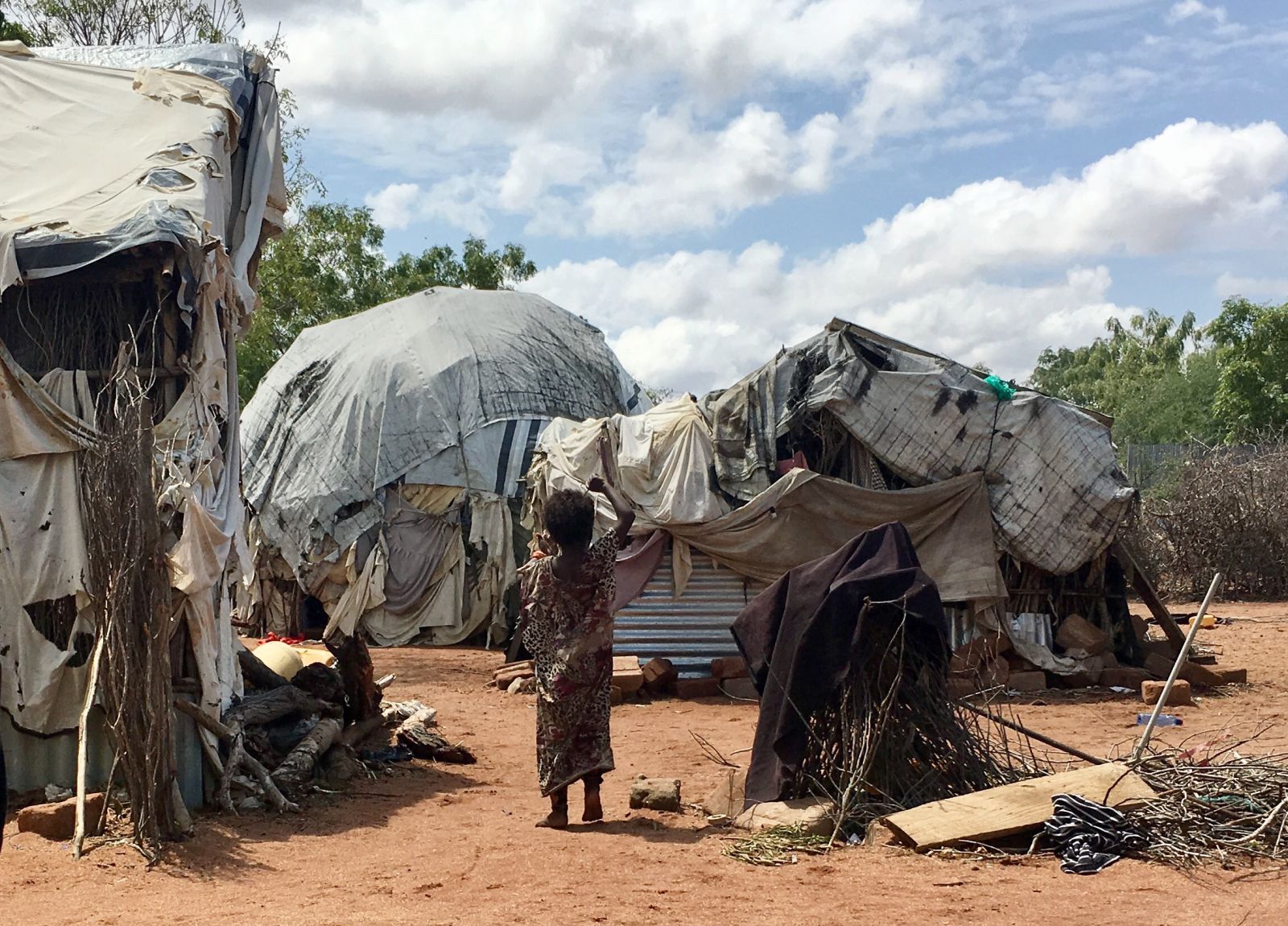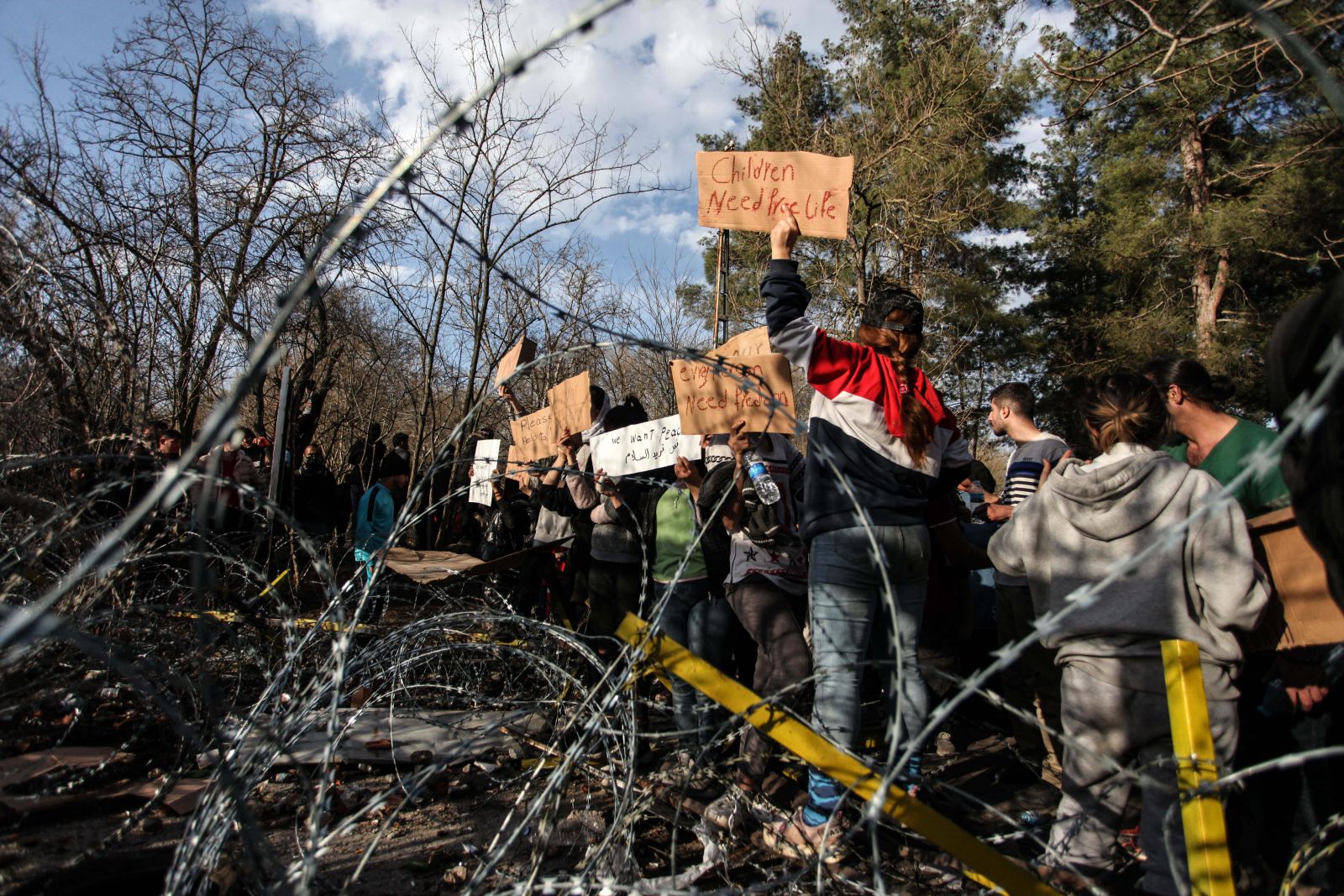Refugee policies
Human rights shutdown

Even before the pandemic, the EU did what it could to turn away people seeking asylum and often left them to die at sea. People have been suffering in the hotspots on Greek islands for years. While public attention in Europe focuses on the novel coronavirus, people keep dying in the Mediterranean Sea or are sent back to Libyan torture camps.
In late May and early April, Malta and Italy used Covid-19 as a pretext to stop the life-saving operations civil-society agencies were running. As state agencies are hardly saving lives anymore, humanitarian operations have basically been discontinued. Europe urgently needs a common life-saving service, but nothing of the kind is anywhere in sight.
Malta dropped off boat people on cruise ships beyond its territorial waters. These people were first rescued, but then denied any rights and forced to subsist in dismal conditions. The idea is that this will only change once EU countries are willing to host them.
Pushbacks that violate international law have been documented along land borders as well as in the central Mediterranean, the Aegean and in the waters between Cyprus and Syria. Unrestricted violence against refugees is evident. On Europe’s external borders, human rights do not count anymore.
Family members can no longer join those refugees who have been accepted by European countries. This means even more suffering for internally displaced people in Syria, for asylum seekers stuck in Lebanon, for thousands of Eritrean refugees in Ethiopian exile or for Somali refugees in Kenya.
EU governments managed to organise charter flights that brought home hundreds of thousands of tourists from all around the world. No such airlifts are available to refugees’ family members, to thousands of desperate people in war-torn Libya or to 40,000 asylum seekers in miserable camps on the Greek islands.
Prominent medical doctors from several countries have signed an appeal to the European Commission. The headline is: “EVACUATE. MORIA. NOW.” The doctors argue that it is impossible to protect people from Covid-19 infections in the camps. They spell out what can and must be done to keep refugees safe from the spreading disease.
Moria, a camp on Lesbos, has become the symbol of the disastrous European refugee policy. Civil-society organisations in Germany and other EU member countries are shaping public debate with slogans such as “evacuate the camps” and “no one left behind”.
In early March, before European lockdowns were enforced, the Greek-Turkish border witnessed dramatic scenes (see comment by Sabine Balk in Debate section of D+C/E+Z e-Paper 2020/04). At the time, the presidents of the European Commission, the European Parliament and the European Council declared unconditional support for the restrictive action of the Greek government in a rather belligerent display of solidarity. It did not bother Ursula von der Leyen, the Commission president, that officers perpetrated brutal violence against people seeking shelter before her very eyes. She felt no critical words for Greece’s suspension of the right to asylum and declared that the country was serving as Europe’s protective shield.
Statements like this show that top leaders of the EU have backed off from fundamental principles, that are spelled out clearly in Article 2 of the Treaty of the European Union. It starts with the words: “The Union is founded on the values of respect for human dignity, freedom, democracy, equality, the rule of law and respect for human rights...” These principles must now be upheld.
Karl Kopp heads the Europe department of Pro Asyl, a German civil-society organisation that fights for refugees’ rights.
europa@proasyl.de











